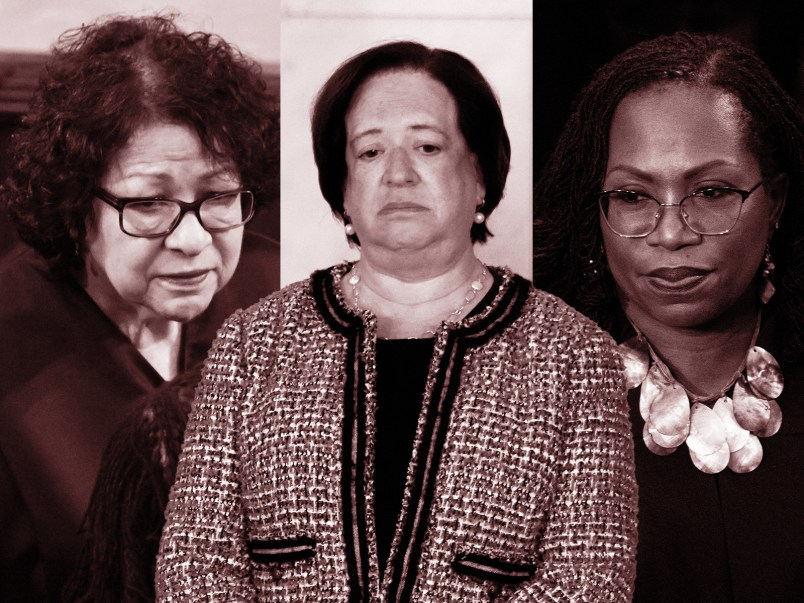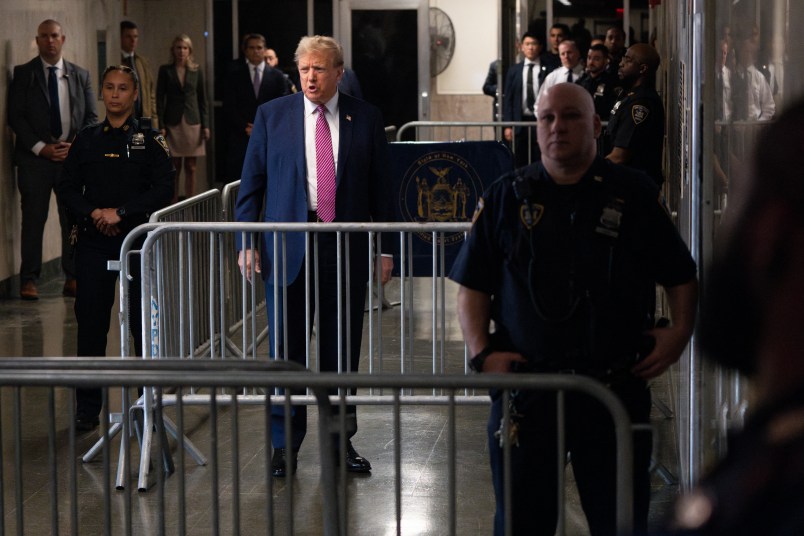Statement of Senator Feinstein at Senate Judiciary Committee Confirmation Hearing on Supreme Court Nominee Sonia Sotomayor.
Thank you Mr. Chairman. Judge Sotomayor, congratulations on your nomination and welcome to the Senate Judiciary Committee.
I want to start out with a couple of personal words. Your nomination I view with a great sense of personal pride. You are indeed a very special woman. You have overcome adversity and disadvantages. You have grown in strength and determination and you have achieved respect and admiration for what has been a brilliant legal and judicial career.
If confirmed, you will join the Supreme Court with more federal judicial experience than any Justice in the past 100 years. And you bring with you 29 years of varied legal experience to the court. By this standard you are well-qualified.
You have 11 years as a federal appellate court judge. You have participated in 3,000 appeals, authored roughly 400 published opinions. In your six years on the federal court you were the trial judge in approximately 450 cases. For 4 years, you prosecuted crimes as an assistant district attorney in New York City. You spent eight years litigating business cases at a New York law firm.
What is unique about this broad experience is that you have seen the law truly from all sides.
On the district court you saw firsthand the actual impact of the law on people before you in both civil and criminal cases.
You considered, wrote and joined thousands of opinions clarifying the law and reviewing district court decisions in your time on the appellate court. Your eleven years there were a rigorous training ground for the Supreme Court.
It is very unique for a judge to have both levels of federal court experience and you will be the only one on the current supreme court with this background.
You were a prosecutor who tried murder, robbery and child pornography cases. So you know firsthand the impact of crime on a major metropolis and you have administered justice in the close and personal forum of a trial court.
You also possess a wealth of knowledge in the complicated arena of business law with its contract disputes, patent and copyright issues, and antitrust questions.
And as an associate and partner at a private law firm, you’ve tried complex civil cases in the areas of real estate, banking and contracts law, as well as intellectual property, which I’m told was a specialty of yours.
So you bring a deep and broad experience in the law to the Supreme Court.
In my 16 years on this committee, I have held certain qualities that a Supreme Court nominee must possess:
⢠First, broad and relative experience – you satisfy that.
⢠Second, strong and deep knowledge of the law and the Constitution – you satisfy that.
⢠Third, a firm commitment to follow the law – and you have in all of the statistics indicated that.
⢠Next, a judicial temperament and integrity – and you have both of those.
⢠Finally, mainstream legal reasoning. And there is everything in your record to indicate that.
Bottom line I believe your record indicates that you possess all of these qualities.
Over the past years of my service on this committee, I have found it increasingly difficult to know from answers to questions from this dais how a nominee will actually act as a Supreme Court justice, because answers here are often indirect and are increasingly couched in euphemistic phrases.
For example, nominees have often responded to our specific questions with phrases like: “I have an open mind,” or yes, that is precedent “entitled to respect,” or “I have no quarrel with that.”
Of course, these phrases obfuscate and prevent a clear understanding of where a nominee really stands.
For example, several past nominees have been asked about the Casey decision, where the Court held that the government cannot restrict access to abortions that are medically necessary to preserve a woman’s health.
Some nominees responded by assuring that Roe and Casey were precedents of the Court entitled to great respect. And in one of the hearings, through questioning by Senator Specter, this line of cases was acknowledged to have created a “super-precedent.”
But once on the Court, the same nominees voted to overturn the key holding in Casey — that laws restricting a woman’s medical care must contain an exception to protect her health.
Their decision did not comport with the answers they gave here, and it disregarded stare decisis and the precedents established in Roe, in Ashcroft, in Casey, in Thornburgh, in Carhart I, and in Ayotte.
“Super precedent” went out the window and women lost a fundamental constitutional protection that had existed for 36 years.
Also, it showed me that Supreme Court justices are much more than umpires calling balls and strikes and that the word activist often is used only to describe opinions of one side.
As a matter of fact, in just two years, these same nominees have either disregarded or overturned precedent in at least eight other cases:
⢠A case involving assignments to attain racial diversity in school assignments, (Parents Involved in Community Schools v. Seattle School Dist. No. 1)
⢠A case overruling 70 years of precedent on the Second Amendment and federal gun-control law, (District of Columbia v. Heller)
⢠A case which increased the burden of proof on older workers to prove age discrimination, (Jack Gross v. FBL Financial Services)
⢠A case overturning a 1911 decision to allow manufacturers to set minimum prices for their products, (Leegin Creative Leather Products v. PSKS)
⢠A case overruling two cases from the 1960s on time limits for filing criminal appeals, (Bowles v. Russell)
⢠A case reversing precedent on the Sixth Amendment right to counsel, (Montejo v. Louisiana)
⢠A case overturning a prior ruling on regulation of issue ads relating to political campaigns, (FEC v. Wisconsin Right to Life)
⢠And a case disregarding prior law and creating a new standard that limits when cities can replace civil service exams that they believe may have discriminated against a group of workers, (Ricci v. DeStefano).
So I do not believe that Supreme Court justices are merely umpires calling balls and strikes. Rather I believe that they make the decisions of individuals who bring to the court their own experiences and philosophies.
Judge Sotomayor, I believe you are a warm and intelligent woman. I believe that you are well studied and experienced in the law with some 17 years of federal court experience involving 3,000 appeals and 450 trial cases.
So I believe you too will bring your experiences and philosophies to this highest court and I believe that will do only one thing – and that is to strengthen this high institution of our great country.
Thank you Mr. Chairman.








